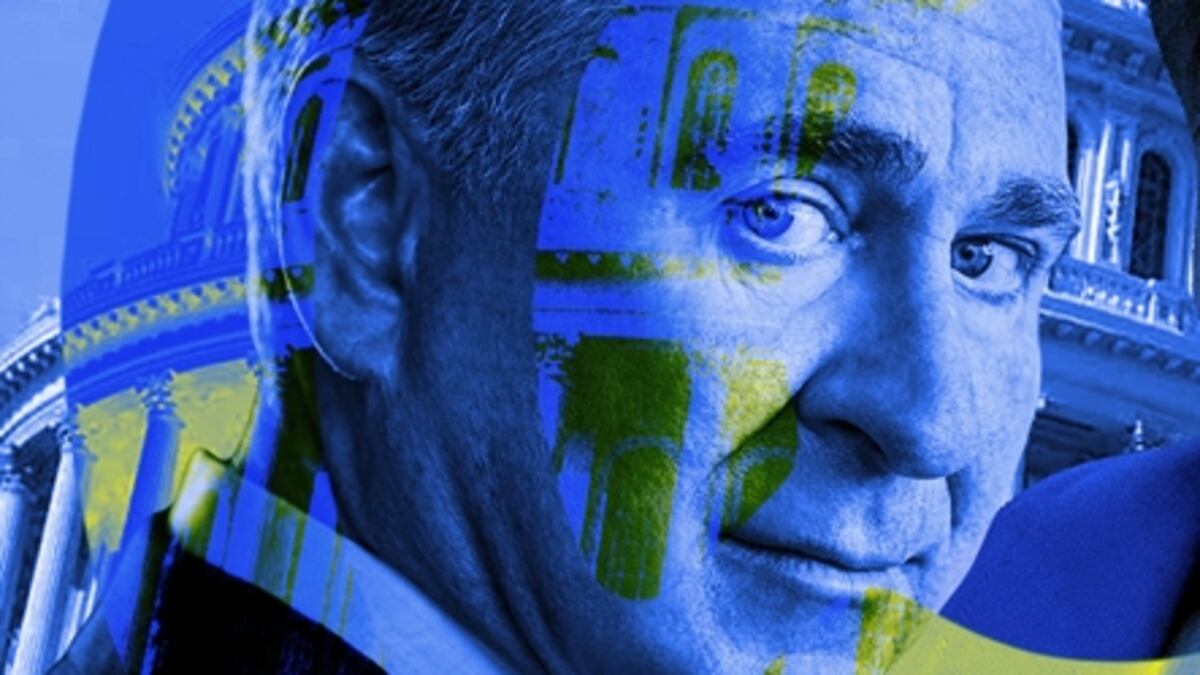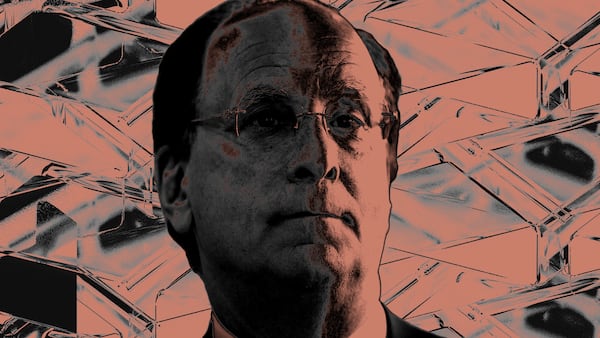Financial goliaths are hustling to build their own market structure to trade crypto assets. Their aim? To create an infrastructure able to sidestep the pitfalls seen from their crypto-native peers.
As crypto-native firms collapse in bankruptcy and scandal, big asset managers and hedge funds are waiting to pounce on the potentially massive amounts of capital and liquidity in crypto markets.
“But until they see a proper market structure, they won’t enter this market in any significant way,” Sameer Shalaby, CEO at VersiFi, told DL News. VersiFi is building a digital asset trading platform aimed at institutional investors that mimics the role of a prime broker — facilitating trades and helping to spread out risk.
FTX’s own legal team this week said it handled the messy winding up of the disgraced exchange, telling a Delaware bankruptcy court that the firm had recovered $7.3 billion of client assets from the “dumpster fire.”
As FTX unravelled late last year, finance giants hatched plans to dive into the space. The moves come as FTX’s crypto-native peers Binance and Coinbase face legal action for allegedly violating securities laws.
NOW READ: Short seller Jim Chanos says Coinbase ‘will still lose money’ even as crypto prices soar
Without much fanfare, heavyweight market makers and speed trading firms Citadel Securities and Virtu Financial and asset managers including Charles Schwab, with funding from VC funds like Sequoia Capital, last year launched digital asset exchange EDX Markets.
EDX said at the time that it “aimed to remove significant conflicts of interest that affect existing cryptocurrency exchanges by separating responsibility for operating the exchange from the entities trading on it.”
The market structure underpinning stocks, bonds and currencies is heavily intermediated, involving networks of brokers, exchanges, and custodians. This can make transacting in capital markets expensive and inefficient. One benefit of such a system though, Shalaby said, is that it spreads risk rather than concentrating it.
The New York Stock Exchange and Nasdaq only do exchange activities. For custody, there are specialist banks like BNY Mellon or State Street. FTX, on the other hand, offered trade execution, custody, settlement, and lending, and even commingled client and house funds.
“In traditional financial markets, the separation of responsibilities among exchanges, custodians and prime brokers has created natural checks and balances between these participants, which has served everyone well,” Shalaby said.
“The lack of this separation, in addition to conflict and alleged fraud, contributed to FTX’s demise.”
NOW READ: BlackRock CEO Larry Fink softens crypto stance further with ‘tokenisation’ push
Potentially massive injection
It’s not just financial market plumbing that big finance firms are interested in. Firms like BlackRock — which manages up to a quarter of the world’s wealth — plan to make investments in digital assets. And Fidelity is on a hiring spree in crypto as it seeks to manage crypto investments for big players and small investors alike.
But these firms are still being cautious, Shalaby said, and their investments are relatively minor. ”Crypto is in its infancy. These managers are allocating very, very small amounts to it. It’s almost play money. You might see one firm put down $50 million or something, but that’s nothing when you’re managing $100 billion,” he said.
‘Crypto is in its infancy and these managers are allocating very, very small amounts to it.’
Asset managers also hold the pensions and savings of ordinary people and are strictly policed and generally risk averse. Shalaby said that FTX has stoked their existing fear of counterparty risk — the risk that the company on the other side of your transaction might not be able to meet its obligations, because, for instance, it has gone belly up.
Included on the FTX debtors list is BlackRock and a huge Canadian pension plan, as well as investment banks like Goldman Sachs, JPMorgan, and Wells Fargo.
In the fallout, US regulators have cracked down hard on crypto firms. And the list of collapsed or struggling crypto-friendly firms is growing: BlockFi, FTX, Genesis, Silvergate, Signature, and SVB. The examples “are very strong reminders that counterparty risk is paramount, and they’re not going to cut any corners,” Shalaby said.
These fears will keep investment in crypto small until the industry can grow up, he said.
“If you want real inflows and exposure to pensions and endowments, we have to fix the market structure.”
NOW READ: Silvergate’s short seller and when it pays to listen to FUD



